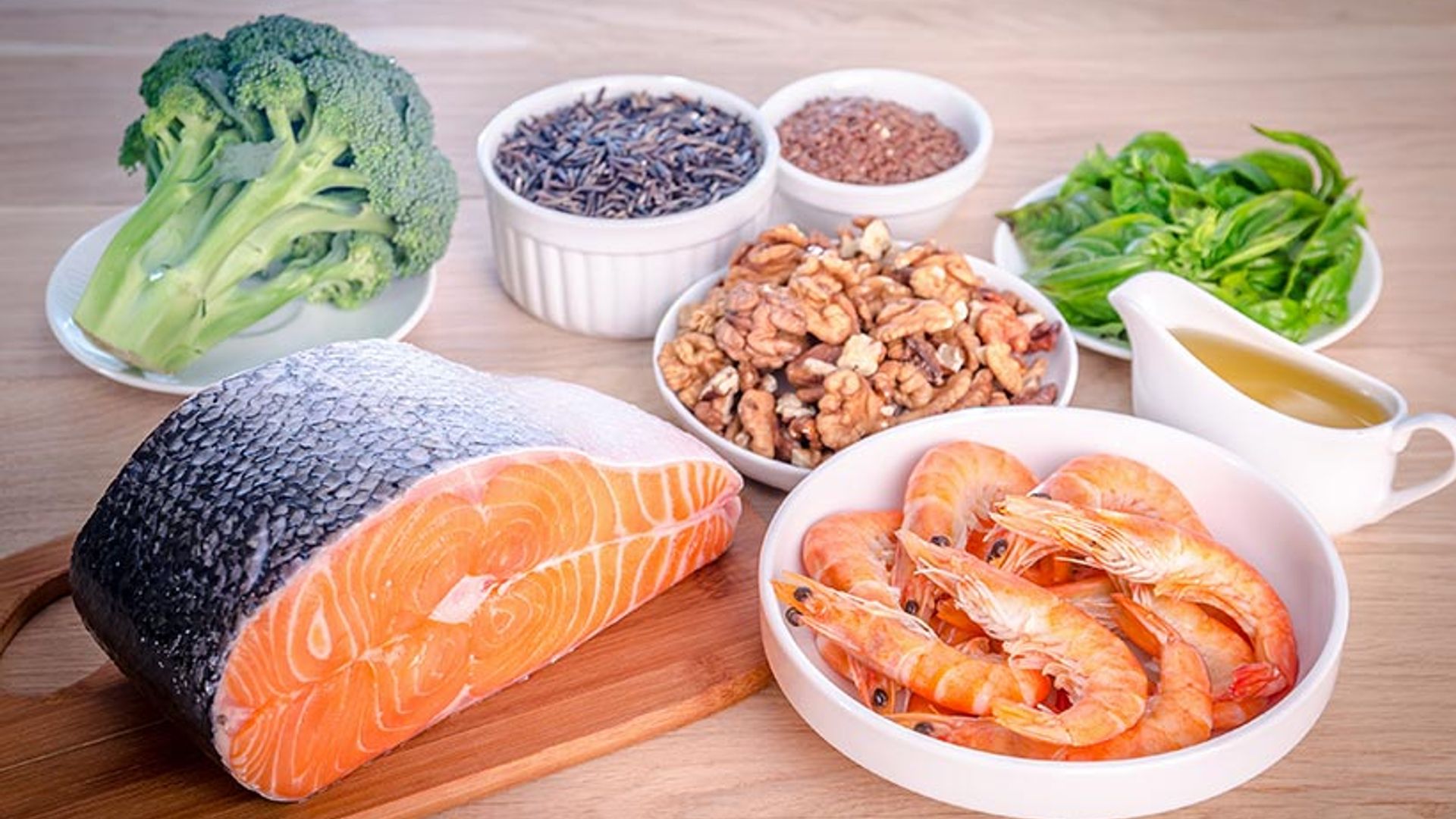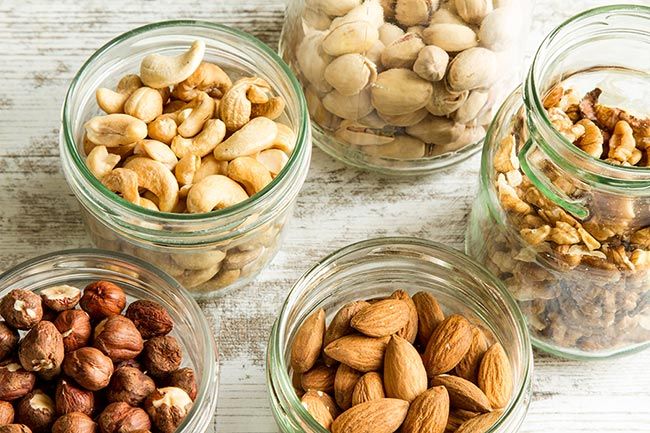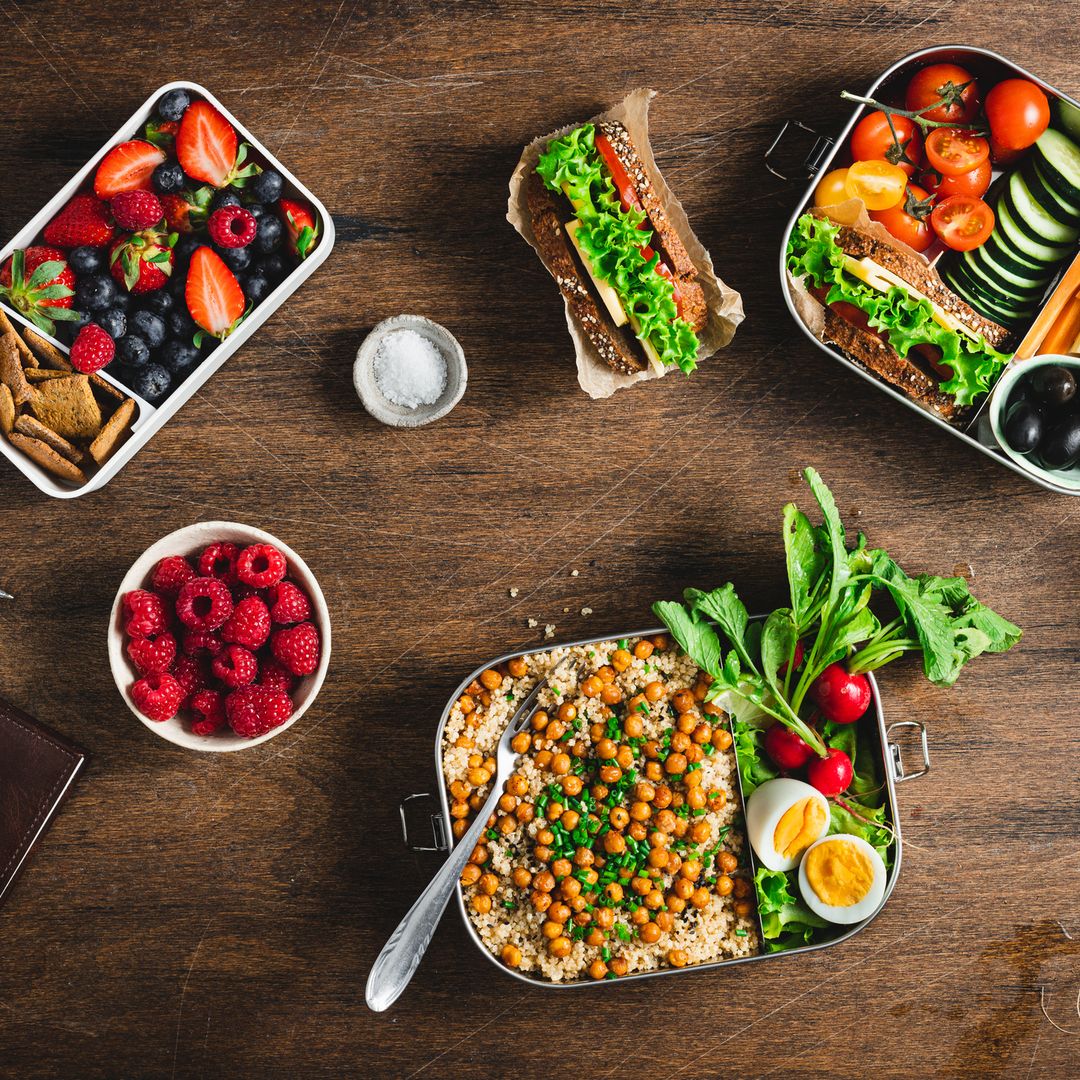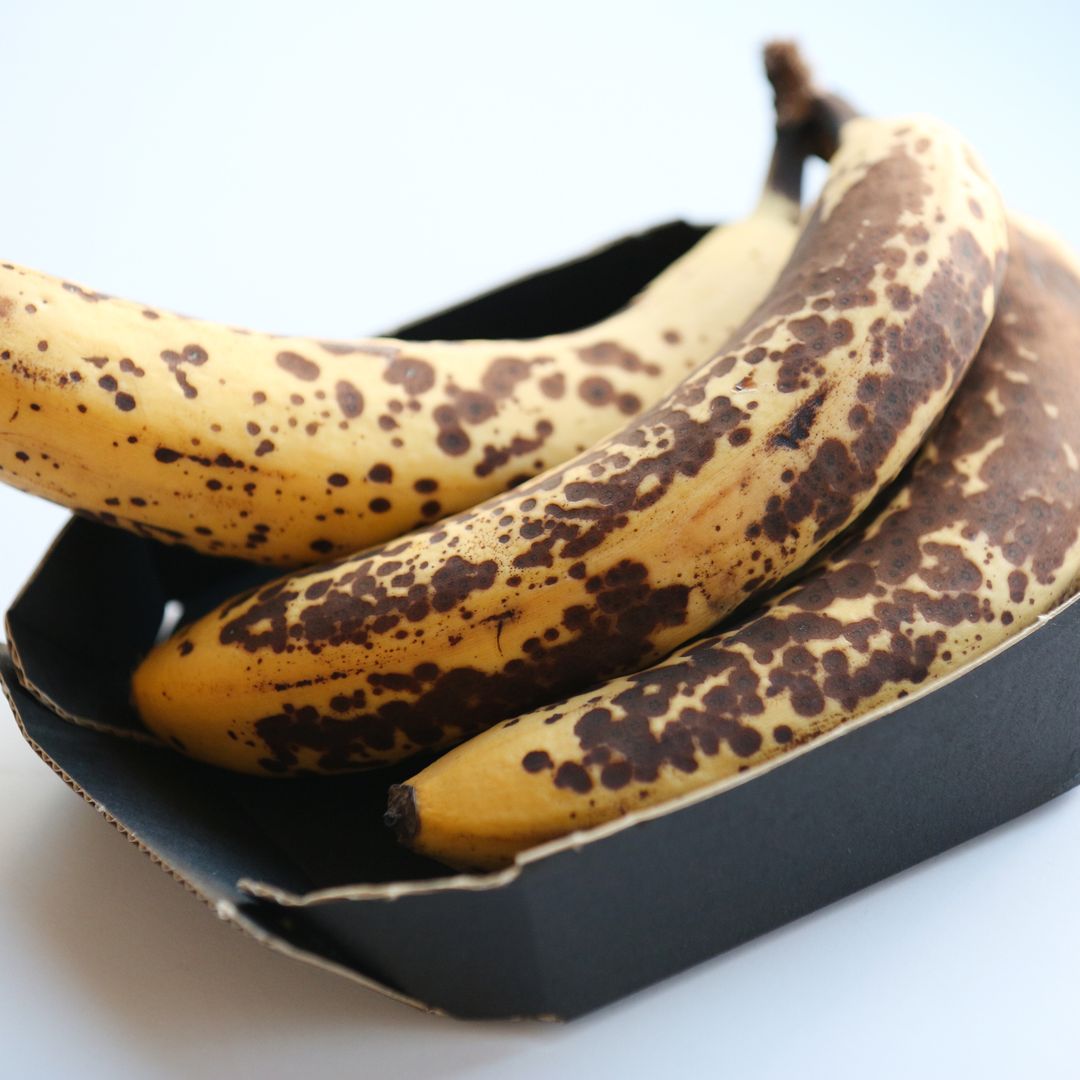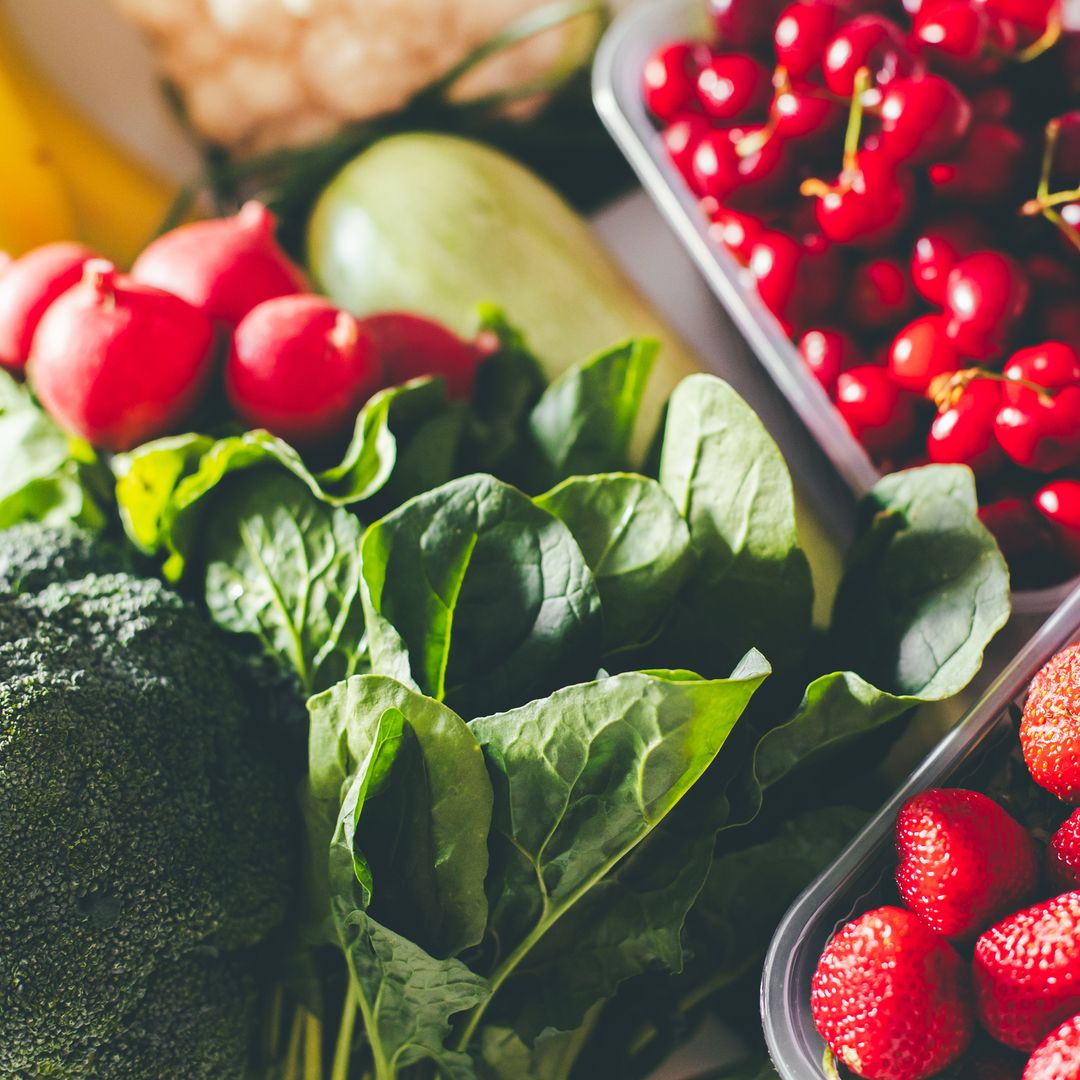Sometimes when you're juggling hectic work and social schedules, keeping on top of that work/life balance can be a little overwhelming. It's common for many people to have an occasional dip in concentration, especially when working long hours, but if you're finding that struggling to stay focused is a regular occurrence, it could be a sign that you need to make a few lifestyle changes to boost your brain power. One of the easiest ways to do that is by tweaking your diet and including nutritional foods such as nuts and seeds or oily fish, with studies showing that these can give you a serious boost and help you stay focused.
We caught up with nutritionist Amy Morris who shared her top brain power-boosting tips exclusively with HELLO! Online…
Try including more nuts and seeds into your diet
Don't skip breakfast: If you're trying to boost your brain power, make breakfast an essential part of your daily routine. Eating breakfast daily can help to improve short term memory and attention span, with several studies showing that students who eat breakfast tend to perform better overall than those who skip it. A good breakfast should ideally include a little food from all three of the macronutrient groups; protein, carbohydrates and fats. Stick to fresh and wholefoods to get the best possible nutrition and benefits to your overall health and concentration.
Ditch your morning coffee: Try kicking off your day with a cup of matcha green tea instead. Not only will you still get your caffeine fix, but matcha tea can help you to stay energised, as well as improving your concentration. Unlike coffee, matcha will also give you a good dose of antioxidants that are known for helping to protect cells and DNA from damage. Matcha also contains a good amount of the amino acid L-Theanine, and can eliminate the negative effects of caffeine such as jitteriness. Try matcha that's been organically grown from the Uji region of Japan – it's hailed as the best source of this tea!
MORE: Check out this beginner's guide on how to meditate
Eat more nuts and seeds: These are a great source of vitamin E, which has been linked in some studies to less cognitive decline as you age. Chia pods are a great way to get in extra vitamin E from seeds and unsalted nuts make a healthy mid-morning snacks, but one easy way to incorporate these into your diet is at breakfast. When you make your cereal or porridge, top it off with a handful of pecans, cashews and almonds. Try slightly grinding them in your blender first for a great taste, or opt for unsalted nuts as a healthy mid-morning snack.
Drink more water: A lack of water in the body means a lack of water to the brain. This can cause poor concentration, difficulties in focusing, headaches, depression and forgetfulness. The best water to drink is purified water that is as free from chemicals and contaminants as possible. The European Food Safety Authority (EFSA) recommends that men drink 2.5 litres of water per day, and women 2.0 litres per day, but this may need to be increased if you exercise a lot or have a very physically demanding job.
Meditation can be a great tool for de-stressing
Up your intake of oily fish: Several studies have shown that supplementing your diet with omega 3 fish oil can boost concentration due to its ability to help increase blood flow to the brain during mental activity. Additional studies also show that a diet with higher levels of omega 3 could be linked to a lowered risk of dementia and strokes. The easiest way to get omega 3 is by eating oily fish such as line and pole-caught mackerel, but if you need a quick fix then try an omega 3 fish oil supplement.
MORE: The Flexi Foodie's guide to a healthy 2017: nutrition challenge
De-stress by meditating: A study published in the journal Psychological Science, found that people who meditate intensively had better attention and sustained focus, even during the most mundane of tasks. However, don't fret if you don't fancy becoming a yogi any time soon – a separate study at the University of North Carolina found that meditating for as little as 20 minutes a day over four days can be enough to improve your cognitive skills. Look out for meditation groups in your area, or subscribe to a vlog to pick up the basics.
Get a good night's sleep: When measuring sleepiness, scientists found that people with sleep deprivation had lower alertness and concentration. They also found it is more difficult to concentrate and pay attention, making it easier for you get confused and not remember things as they happened. Research has found that everyone’s concentration is best when you get at least seven hours of sleep a night.
For more information visit waterforhealth.co.uk
